It’s a fact that most mothers would give an arm and a leg to save their child, and the same thing can be said for a kidney. This is the story behind mother and daughter Laetitia Janse van Vuuren and Jeané Petzer, who speak to us about the importance of patience, giving and the strength of family ties.
Jeané, a diabetic for most of her life, is no stranger to hospitals. In November 2018, just before her sister Dominique’s wedding (at which she was a bridesmaid), she fell ill and ended up in hospital. Checks confirmed that her kidneys were not functioning as they should have. Terrified she would miss her sister’s wedding, this news came as a huge blow to Jeané. However, the count stabilised, and she was allowed to go home. She made it through the wedding, but only just.

Exhausted and weak, Jeané’s transplant was scheduled for two weeks later. This was a tough time for the family. She felt at her lowest point ever. Constantly tired, she felt drained and sick; and worried over what the future would hold. Laetitia remembers the time all too well. “You know when you get so used to seeing someone that you don’t notice significant changes in them? That’s how it was; we saw her all the time, so we didn’t notice just how yellow and worn her face had become.”
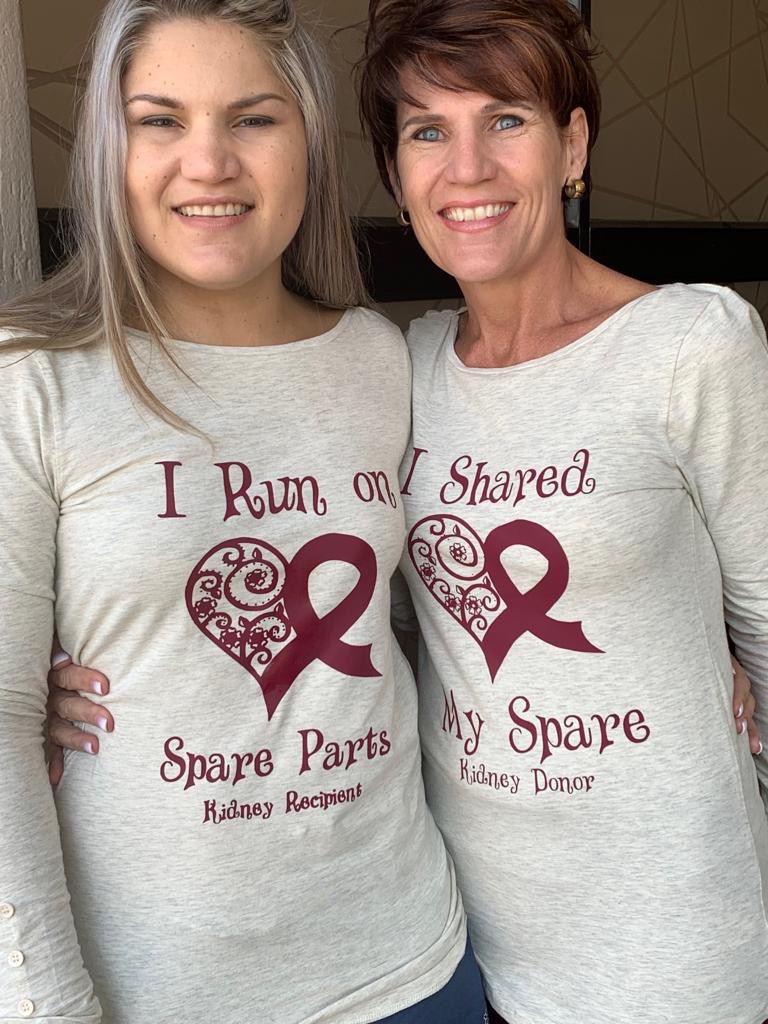
When the question was asked as to who would donate the kidney, Laetitia didn’t hesitate. “I mean, I’m a mother, obviously I would do it. I had healthy kidneys, I’m not a drinker or a smoker, and I was also the perfect donor. The fact that my kidneys were in such good condition and also a 99,9% match felt to me as though it was my calling. I gave her life, and now I could give her a second chance at that life.”
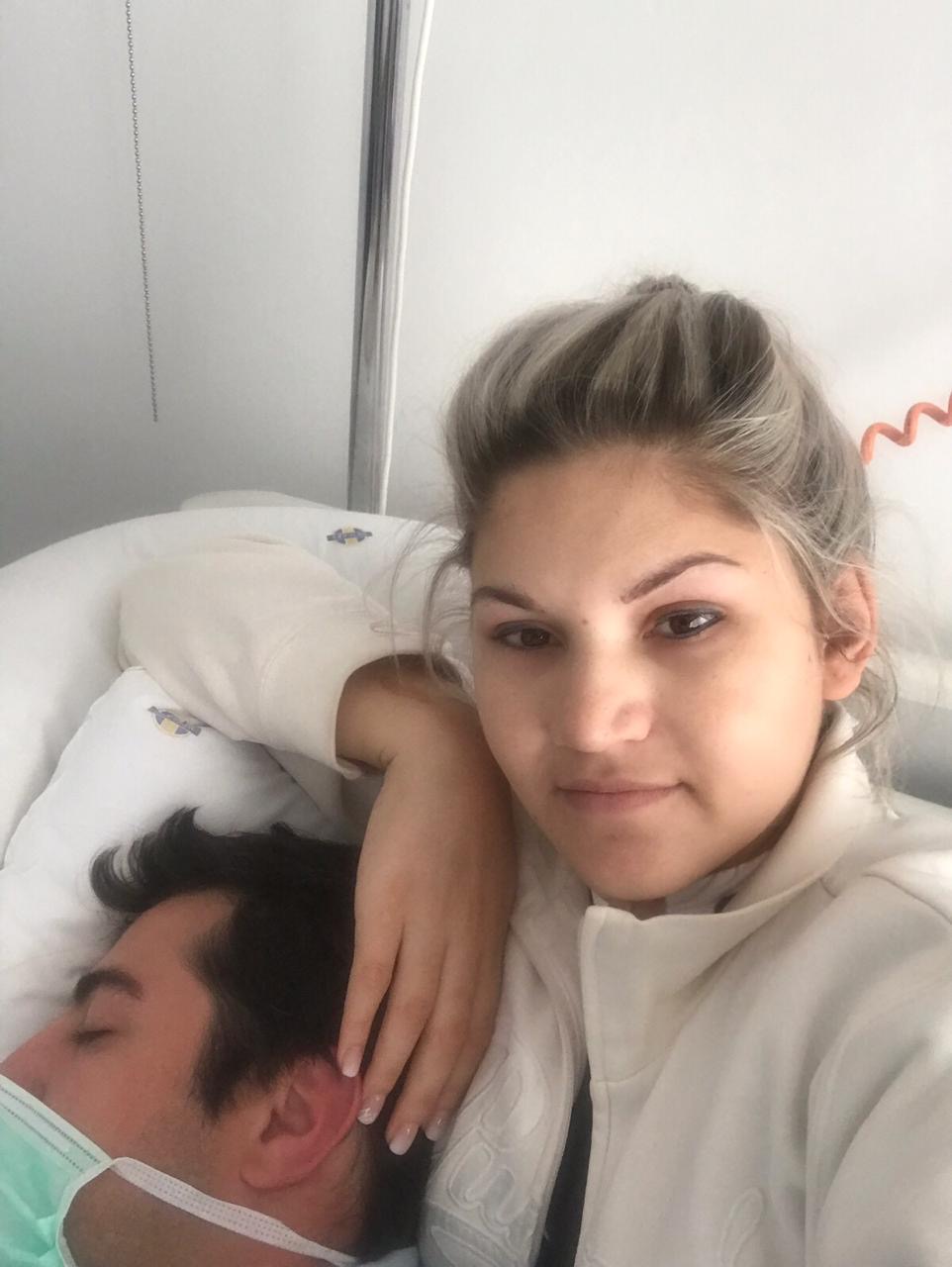
Jeané smiles, “We had to go through strict psychiatric counselling, which is routine in cases such as this. We also had to endure a barrage of physical tests. Luckily, we are both strong and healthy, and we were given the green light almost immediately.” As a diabetic, Jeané had to have an angiogram, which in itself can cause problems, especially in a renal patient. It took away at least half of her remaining kidney function, making the operation even more crucial.
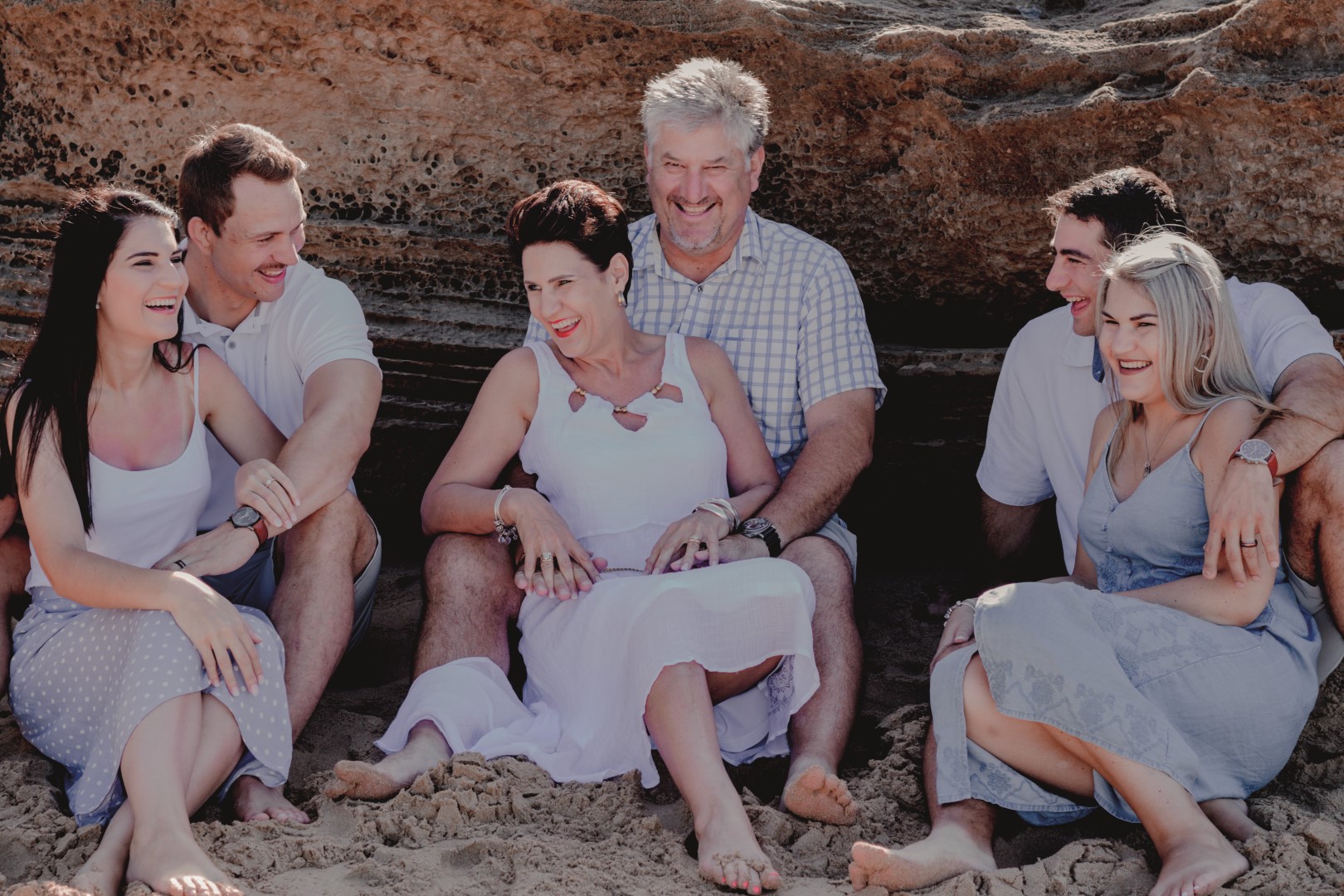
“The fear of the unknown is what got to us the most,” they both agree. “Not knowing what would happen, I just wanted everything to be over. The uncertainty was horrible, and so was the fact that I was so weak. I couldn’t walk up the stairs without having to stop and rest; I had no strength at all. But in the end all went well.
“I am so blessed to have the husband I have. Wiaan was thrown in the deep end a bit. As soon as things became serious between us, I had to tell him I am a diabetic, and then that I had kidney failure! He took it all in his stride and has had to learn so much in such a short time.”
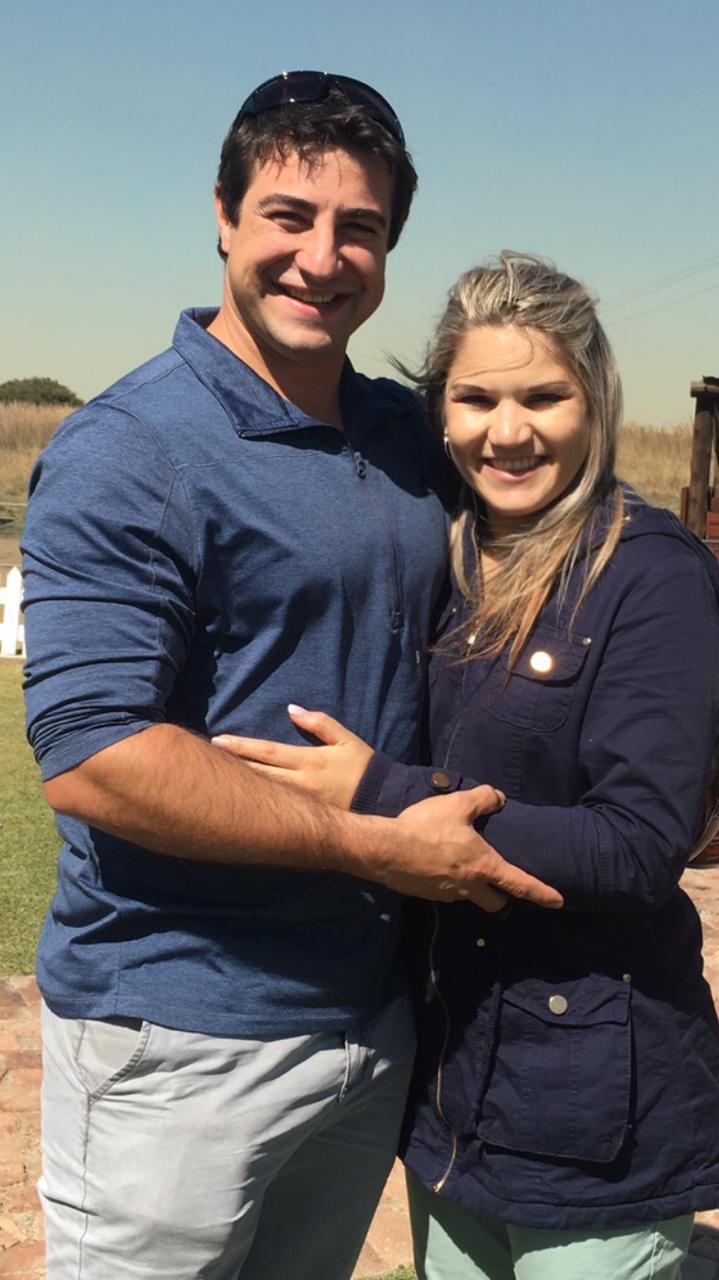
While Wiaan was the support that Jeané needed, her father Jacques was the rock. “One day his daughter was getting married, and then soon after both his wife and other daughter had to go in for serious surgery!” Laetitia laughs when she recounts just how anxious he was. “At one stage the doctor came out and told him the kidney had been rejected, and then walked away. It was only a temporary setback; one of the valves was closed and just needed to be flushed with water. But no one thought to go back and tell him, so for seven hours the poor man sat there and worried himself sick.”
Physically, the hardest part for Laetitia was the medication she had to take afterwards. “For two days I was a complete zombie, and I said to the doctor, no more painkillers. And I was completely fine without them. From start to finish, God has held us in His hand, we have learnt to simply put our faith in Him.
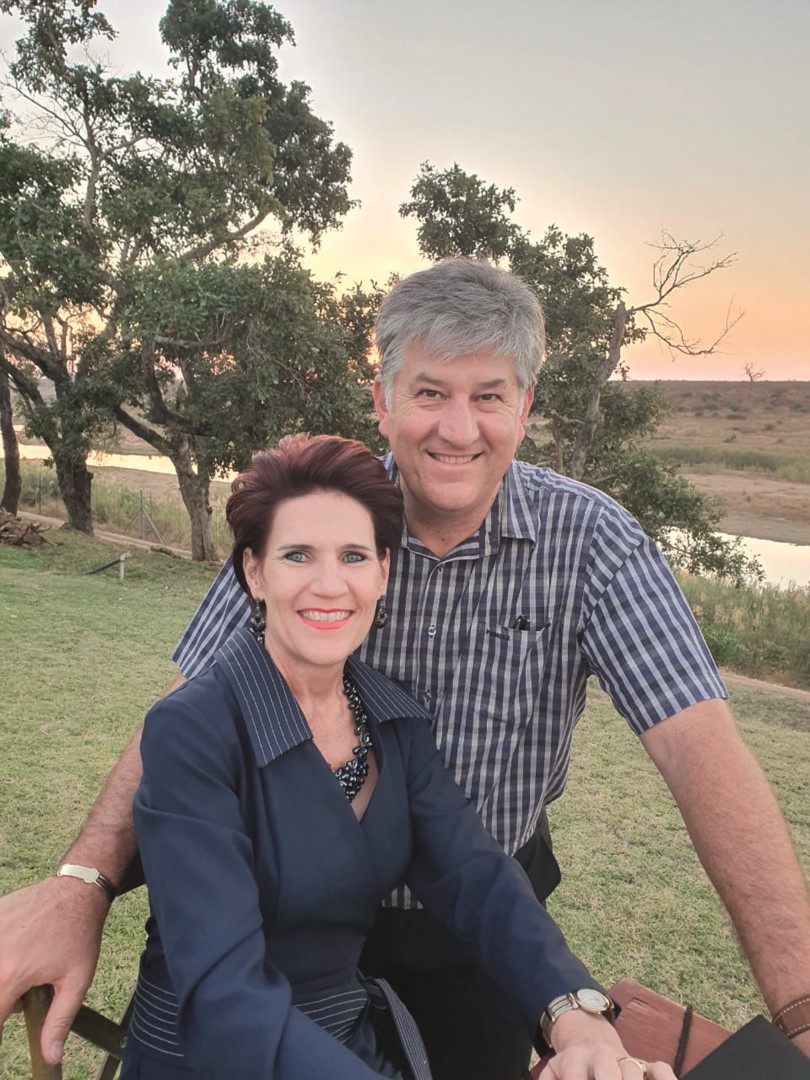
“Things don’t happen only when you want them to, and life doesn’t always work out the way you want it to, and you have to make peace with that. Everything happened as it was meant to. My recovery was rapid, although I did feel the absence of the missing kidney in the beginning, the empty space. But the other organs moved around, compensating for it, and after a while it was all back to normal. I really experienced absolutely no adverse effects. For a while I didn’t go to gym because of the scarring, and I’ll never be able to lift a kettlebell over my head again, but then, you know what? Been there, done that!”
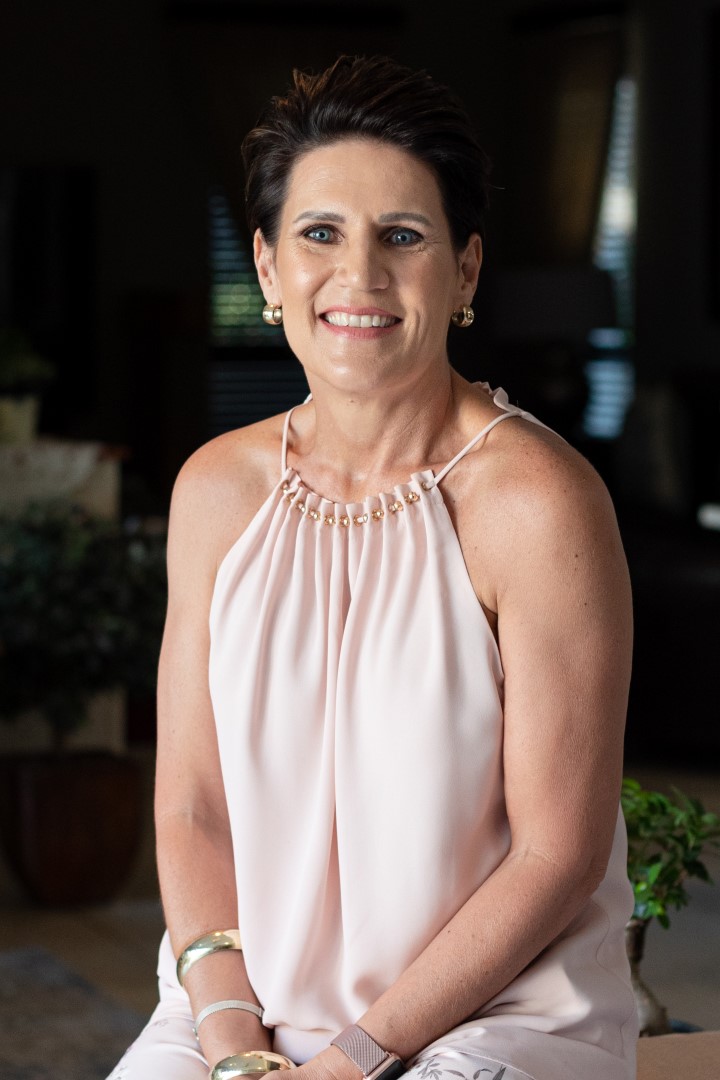
Jeané had a somewhat more difficult time, both because of her diabetes and because she was the one who received the organ. “In the beginning I had to take 32 pills,” she says. “I still take them, but now it’s down to eight. I have to take the anti-rejection pills for the rest of my life; my body can, at any time, reject the kidney. The best way to explain it is to say my code and my mother’s code are not the same and the body will always want to go back to the code it knows. But so far, so good; everything went just as planned.”
Laetitia is quick to say the best thing for her was waking up and seeing her daughter’s face and the colour that had returned to her cheeks; that was when she realised how sick Jeané had been. They point out that their experience is not necessarily the same as anyone else’s. Each case is different, with varying contributing factors. However, it is important for them to get the message out there that it isn’t a death sentence, and life can carry on just the same as before.
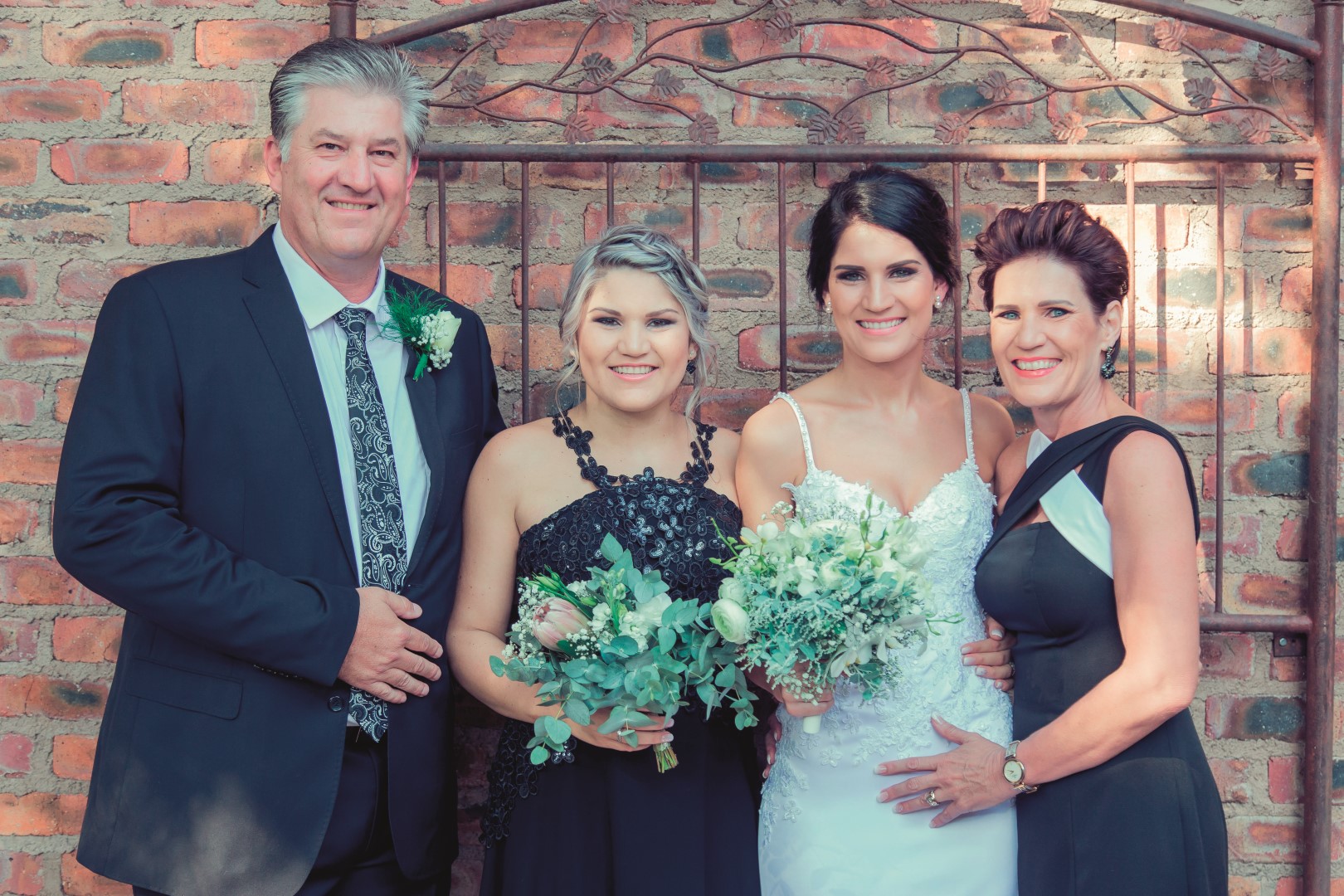
There are certain precautions that Jeané especially needs to take, such as getting enough sleep, minimal stress, eating healthily (which is something she does anyway due to her diabetes), drinking filtered water and having minimal contact with people who are ill. And because the new kidney is in front and not nestled protectively under the ribs, she also needs to avoid contact sport. But, being a teacher by trade, she misses the boisterousness of the kids all around her and cannot wait to get back to it.

The diabetes is more of a problem for Jeané than the kidney. Because of it, there are many factors that can influence her well-being on a daily basis. But she’s been living with it for nearly 20 years, and says it’s manageable. “It can be a real pain. I can’t tell you how many events we’ve had to cancel because my insulin pump stopped working or my sugar wasn’t right, and it always seems to happen on a weekend. Then it’s back to hospital, back onto a drip. So, I might very well consider a pancreas transplant in the future, but for now I just want one year that I don’t have to stay in a hospital!”
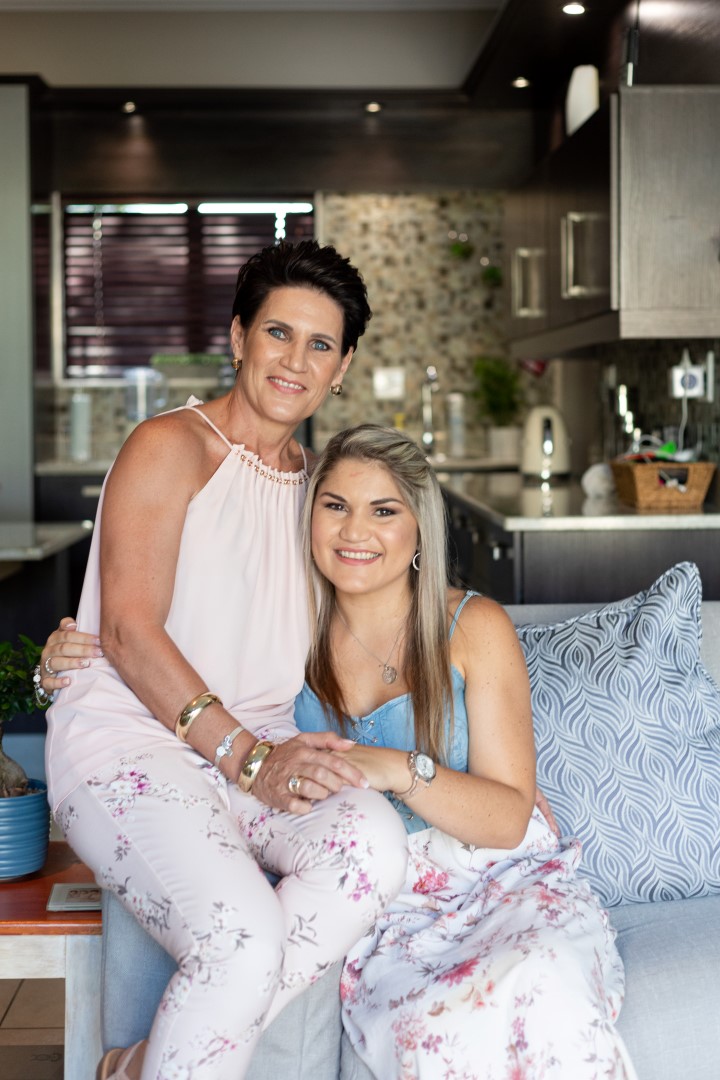 She laughs, but the underlying note of steely determination says it all. This young woman is sick of sterile hospital rooms, drips and tests. She just wants to be in her own home, spending time with her new husband and enjoying her good health. And glowing with vigour and vitality as she is, it certainly looks as if this time, her wish will come true.
She laughs, but the underlying note of steely determination says it all. This young woman is sick of sterile hospital rooms, drips and tests. She just wants to be in her own home, spending time with her new husband and enjoying her good health. And glowing with vigour and vitality as she is, it certainly looks as if this time, her wish will come true.


